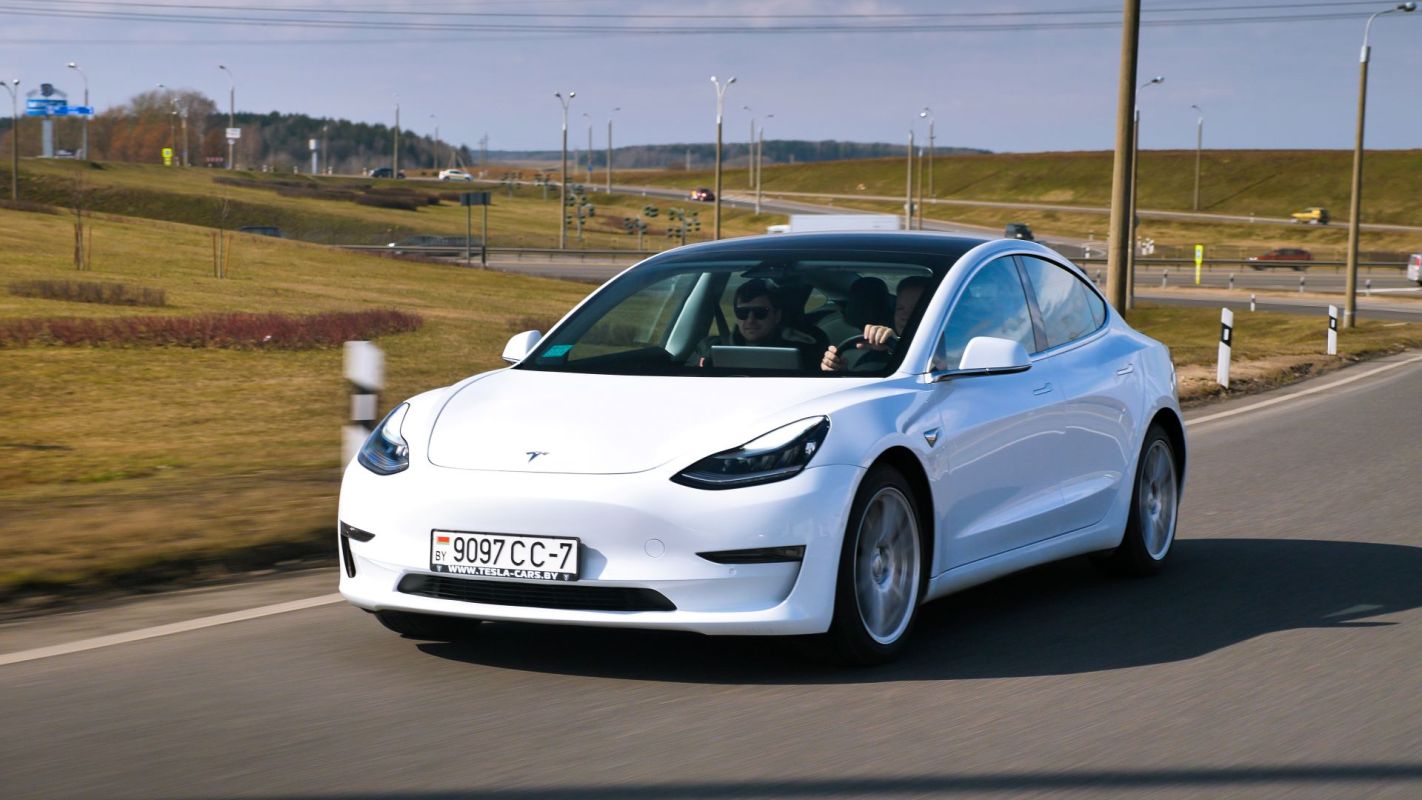Tesla has recently been cutting the prices on some of its cars as a price war seems to be heating up within the electric vehicle (EV) market.
However, it's not all good news for prospective EV buyers. The full $7,500 tax credit available to many new EV purchasers is not expected to apply to the less expensive version of Tesla's Model 3 — for new cars placed into service on or after April 18. Instead, the cheapest model — the Model 3 Standard — will only apply for half of the credit, or $3,750.
The tax credit, which is part of the Inflation Reduction Act, applies to new EVs manufactured in North America with battery components made to certain specified percentages in North America — and buyers must also be qualified for the tax credit based on income. While many Tesla vehicles did fulfill requirements until recently, the company has not been able to keep up with demand when it comes to manufacturing its own batteries, which has the brand partnering with a Chinese company to supply battery cells for some of its models.
Since the battery cells are not manufactured in North America, Teslas with these Chinese-made batteries will not qualify for the full tax credit. However, because the cars still fulfill the "critical minerals" requirement that makes up the second part of the IRA credit, the Model 3 Standard is still eligible for half.
Tesla's difficulty when it comes to manufacturing its own EV batteries has also been blamed for the company continually failing to deliver its promised "Cybertruck." The Cybertruck currently has more than 1.5 million pre-orders but still no firm release date, with the goalposts having been moved repeatedly since its original goal of 2021 was not met. Currently, it is slated to go into full production sometime in 2024.
In that sense, at least, the Cybertruck truly is the pickup truck of the future — it certainly isn't of the present.
Release dates aren't the only area where Tesla has recently made some big promises that raise questions about whether it can actually deliver. The company recently claimed that it would be eliminating rare earth elements from its motors, which would be a huge deal for the planet and potentially drive prices down considerably if it's true.
But if the production problems persist and result in the cost of buying Teslas getting even higher — which they would, in effect, if the company loses this tax credit — that is certainly not good news for the brand. The good news for prospective electric vehicle purchasers, however, is that there are now many EVs available on the market for much lower prices, some with many fewer production missteps.
Join our free newsletter for cool news and actionable info that makes it easy to help yourself while helping the planet.









